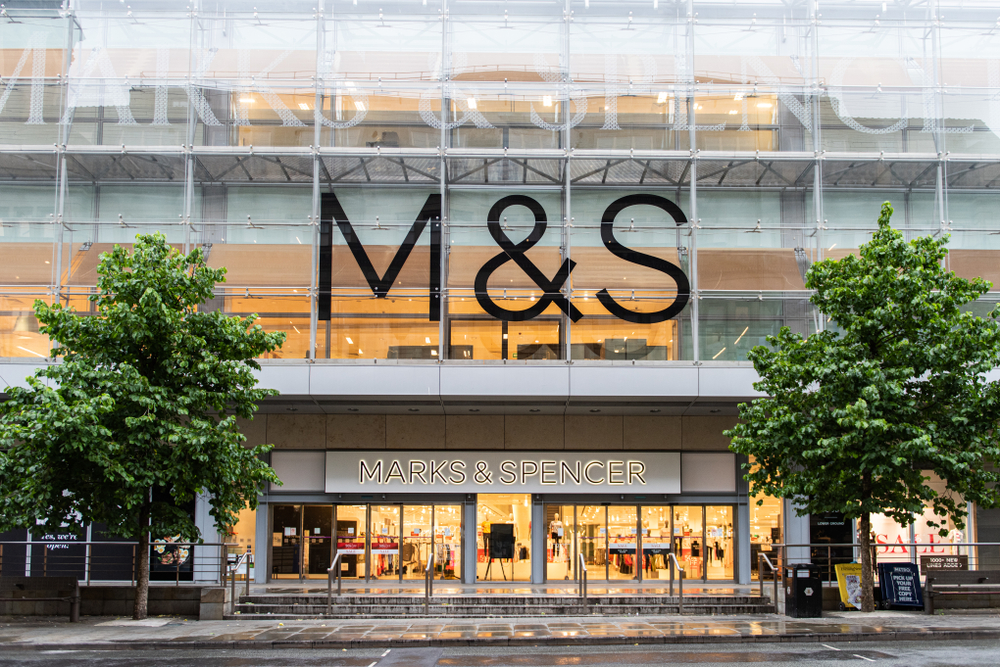Alibaba Group’s chief executive aims to make Singles Day into a global day of discounts over the course of the next decade. Speaking as Alibaba announced that the 11.11 Global Shopping Festival had smashed its own records, with goods worth $14.3bn (£9.3bn) sold during the course of the 24-hour online sale, Daniel Zhang said that the day was just the beginning.
“Globalisation will be a long journey, but we want to bring this 11.11 festival from a China shopping day to a global shopping day in the coming decade,” he said.
Already growth has been fast. The $14.3bn GMV recorded during the course of the day was 60% ahead of last year’s transactions, which involved a gross merchandise value of $9.3bn (£6.1bn).
Alibaba Group said the sales figure answered concerns that Chinese consumers were cutting their spending at the economy slows.
“This day demonstrates the power of domestic China consumption, and the Chinese consumer’s strong demand for international products,” said Zhang, in a statement. “It also showcases how Alibaba uses big data, cloud computing and mobile innovations to create the best shopping experience for buyers and sellers.”
Mobile came to the fore during the day, with transactions involving 68.7% of GMV taking place through the devices, and being settled by Alipay. Last year mobile accounted for 42.6% of GMV. Alibaba says digitally savvy Chinese are taking to m-commerce to shop for goods and services at a faster rate than consumers in other countries. Chinese in poorer rural areas and smaller cities are doing so particularly quickly, leapfrogging PC technology and going straight to smartphones to access the Internet for entertainment and business.
This year Alibaba encouraged more overseas brands and merchants to join the sale, selling directly from overseas through Alibaba’s marketplaces. Alibaba did not release international GMV results but the company said more than 16,000 international brands completed transactions on 11.11, and 33% of total buyers purchased from international brands or merchants. Buyers and sellers came from 232 countries and regions. Top countries selling to China included the US, Japan, South Korea, Germany and Australia.
When Alibaba launched the festival in 2009, “we never dreamed it could be such a huge shopping day,” Zhang said. “We are very happy to see the huge demand by Chinese consumers for international products, and we believe this is just the beginning.”
As well as looking to international markets, Alibaba also worked to involve China’s rural residents in the online sale for the first time. GMV generated at more than 8,000 Alibaba village-level service centers across the country reached more than RMB 200 million ($31.4 million/£20.6m). At the time there were several hours left in the 24-hour sale.
Alibaba’s Rural Taobao shopping channel created a list of 34 products popular with rural shoppers for pre-sale promotions. Best-selling items large appliances and consumer electronics such as TVs were among the list.
And to make sure that buyers in more remote areas received goods in a timely manner, the website warehoused inventory in Alibaba Group county operation centers according to sales projections developed from geographic online shopping patterns. The data-enhanced planning paid off. Rural Taobao reported that a shopper living in Zhuping Village in Chongqing ordered a TV for his new home right after the sale began at midnight and took deliver an hour and 48 minutes later, marking the first order delivered to rural region during this year’s 11.11 sale.
Image: Alibaba Group








